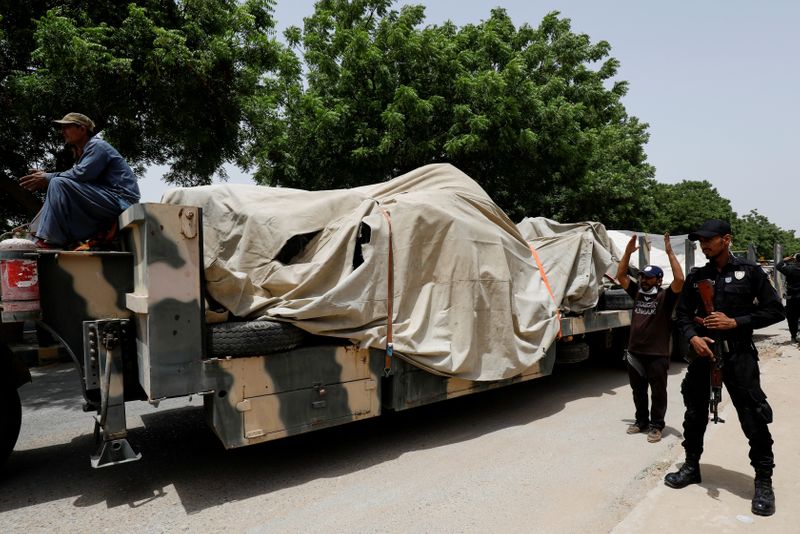ISLAMABAD/KARACHI, Pakistan (Reuters) – Pakistan’s national airline has written to foreign missions and global regulatory and safety bodies, assuring them it has grounded all 141 pilots suspected of obtaining licences through unfair means, the carrier’s spokesman said on Saturday.
The move looks to assuage concerns after Pakistan’s Aviation Minister Ghulam Sarwar Khan said on Friday the government had asked various commercial airlines, flying clubs and charter companies to ground a total of 262 pilots until investigations into their qualifications were completed.
Pakistan Air Line Pilots Association on Saturday questioned the authenticity of the list and called on the judiciary to intervene and investigate the matter instead of the government to ensure transparency.
Global safety and transport bodies expressed concern about the alleged “dubious” licences and said they were looking into the matter. PIA flies a number of international routes, including to the United States, Britain and Europe.
The letter, signed by PIA Chief Executive Arshad Malik, promised the airline would remain compliant with all international aviation safety and regulatory standards.
“It is also ensured that all pilots flying PIA flights are having genuine licences endorsed by the government of Pakistan,” said a copy of the letter sent to the U.S. Embassy in Islamabad seen by Reuters.
PIA’s spokesman said the letter had been sent to all heads of foreign missions in Pakistan as well as international aviation regulators and safety monitoring agencies.
Aviation Minister Khan had said the move to ground the pilots would help allay global concerns and show wrongdoing had been corrected. He said five officials from the aviation authority had been suspended for abetting the suspected pilots.
In a joint statement, The International Federation of Airline Pilots’ Associations and the International Federation of Air Traffic Controllers’ Associations called for the crash probe to be conducted along international standards, urging against “premature conclusions” based on incomplete or speculative information.
(Reporting by Asif Shahzad; Writing by Gibran Peshimam; Editing by David Holmes and Alison Williams)





















